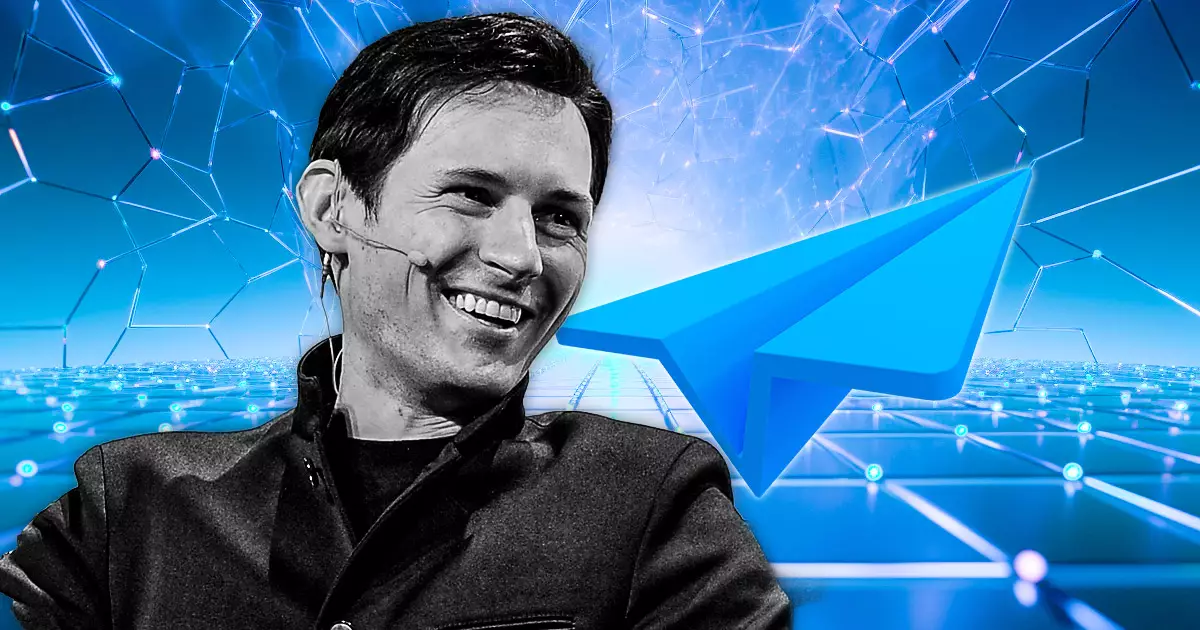After being released from prison, Telegram CEO Pavel Durov has been placed under judicial supervision with strict conditions. These conditions include a €5 million bond, a prohibition from leaving French territory, and the requirement to report to the police station twice a week. Durov has officially been charged with six offenses, including complicity in managing an online platform that allows illegal transactions in an organized gang, money laundering, and refusal to provide information to authorities.
The French anti-organized crime authority, JUNALCO, opened an investigation due to Durov’s failure to respond to judicial requests regarding various criminal activities. Concerns have been raised about Telegram’s alleged involvement in drug trafficking, child sexual content, and fraud investigations. The French Center for the Fight Against Digital Crime (C3N) and the National Anti-Fraud Customs Office (ONAF) will be handling further investigations related to these charges.
Durov’s arrest has sparked controversy within the tech industry and among advocates of free speech. While Durov is known for his defense of free speech and resistance to content moderation on Telegram, the platform has been criticized for its handling of illegal activities such as child sexual abuse material (CSAM). Child safety groups have condemned Telegram for allegedly becoming a hub for such content and for its lack of cooperation in combating it.
Critics of Durov’s arrest argue that it violates human rights and question whether other social media platforms’ leaders would be held accountable for similar issues. Some have even suggested that French authorities are attempting to control or access communications on Telegram. However, French President Emmanuel Macron has clarified that Durov’s arrest is part of a judicial process without any political motivations behind it.
The arrest of Pavel Durov and the charges against him have raised important questions about the responsibilities of tech industry leaders in combatting illegal activities on their platforms. The controversy surrounding Telegram and Durov’s arrest highlights the ongoing debate between free speech advocacy and the need to address harmful content online. As the investigation unfolds, it remains to be seen how this case will impact the regulation of encrypted messaging services and the responsibilities of their operators in ensuring user safety.















